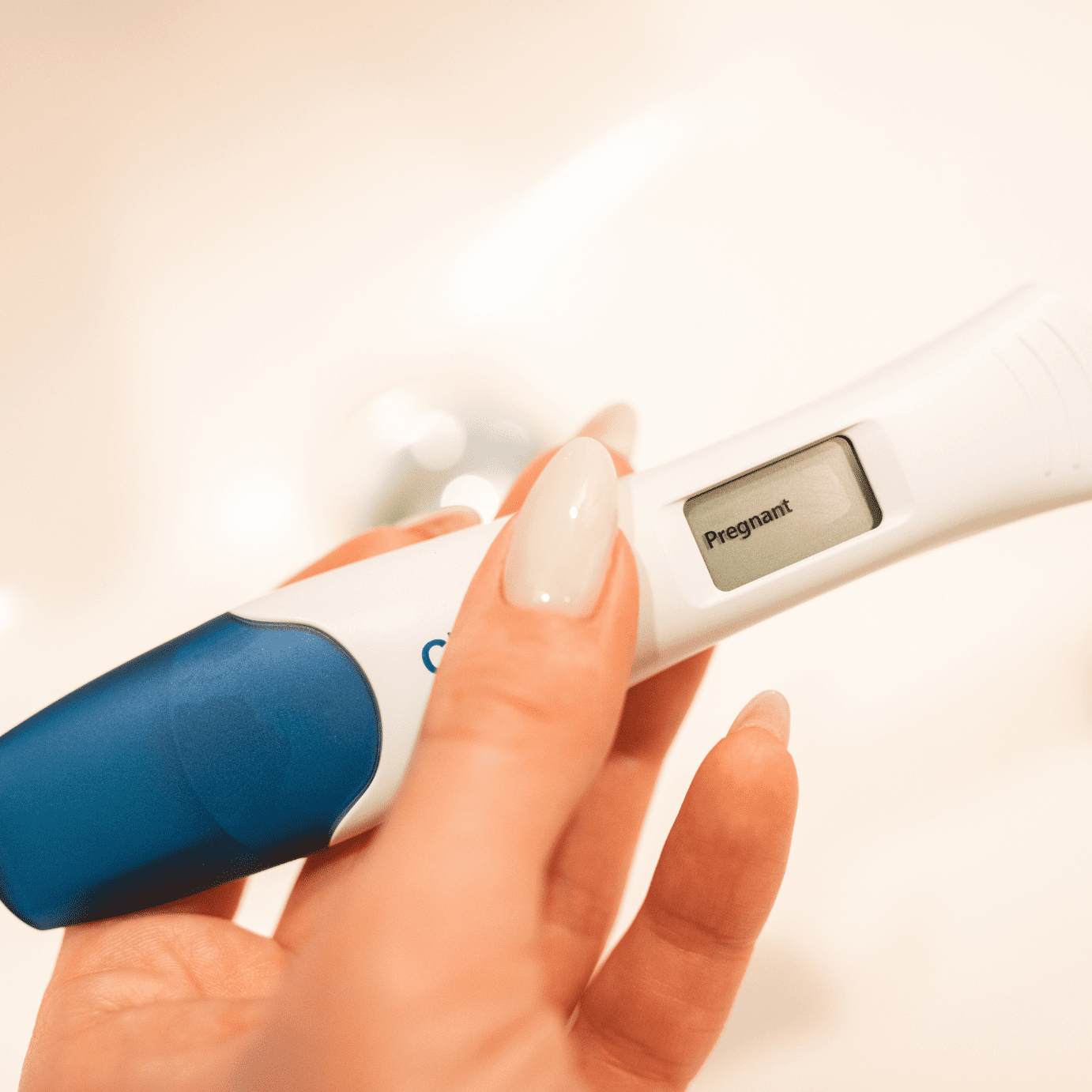A positive pregnancy test or a missed period may mean you are pregnant and facing a decision about next steps. If you are pregnant, the choice to end pregnancy, place for adoption, or parent is a decision that can impact your personal health. This article will explain your options in dealing with pregnancy.
A missed period may be a symptom of pregnancy, but other causes can include stress, infection, or an underlying medical condition like endometriosis. Taking an in-clinic pregnancy test can help determine if pregnancy is the cause of your missed period and is an important step in guiding your options. An in-clinic pregnancy test and ultrasound will pinpoint whether you are pregnant. From there, you can count on licensed healthcare professionals to help educate you and answer any and all questions you have about the meaning of your test results, how far along the pregnancy is, and what your choices are.
Ending Pregnancy
Ending a pregnancy is known as abortion. This option can involve taking pills to chemically end a pregnancy or pursuing an in-clinic abortion procedure. Factors such as the pregnancy’s gestational age and your comfort level with managing an at-home abortion directly impact which of those options is available to you.
If pregnancy is confirmed and anywhere from six to ten weeks’ gestational age, self-managed abortion is an option. An at-home abortion is specifically designed to allow you to take pills prescribed by a healthcare professional within a 48-hour window to end pregnancy and usually take effect within 24 hours of completing the fully prescribed plan as directed. The two drugs involved, misoprostol and mifepristone, are taken in order to keep the uterus from supporting pregnancy. It is essential to understand that if these medications are not taken as prescribed, they may not have the desired effect. The combination of misoprostol and mifepristone can cause bleeding to expel pregnancy, but these medications have been associated with serious bleeding risks like hemorrhage and serious infection such as sepsis without typical signs like fever. The Food and Drug Administration cautions prescribers to educate all patients about these risks because they can represent life-threatening risks to women. Fever, syncope, significant vaginal bleeding, or pelvic pain may mean a severe infection is the cause following use of these medications. Meeting with a licensed healthcare professional can help answer your questions about the risks and benefits of these medications and help you determine if this step is right for you.
In-clinic abortion
An in-clinic medical abortion procedure is an option for women with a pregnancy that is more than three months along or if you have an underlying medical issue that makes an at-home abortion unsafe, you may consider an in-clinic abortion. This procedure is administered by a healthcare provider to end pregnancy while at the clinic. This procedure is invasive and entails administration of pain medication and sedatives to help make you comfortable before completing steps to end pregnancy by removing uterine contents before releasing you to go home. A healthcare professional from Anchor of Hope can help answer your questions about specifics of the procedure to help you decide if this option is right for you.
Adoption
Adoption is an option for pregnancy that involves carrying the pregnancy to term and working with a local agency who will come alongside you to inform you about the process and provide you with resources and often also gives assistance in attending prenatal appointments. Agency case workers can help you pinpoint if adoption is right for you, and they can help you visualize whether you want an open or closed adoption. An open adoption typically involves getting periodic updates such as photos if you as the biological parent desire those updates. A closed adoption involves placing for adoption and having no contact postpartum. The most important aspect of adoption to grasp is that you are in the driver’s seat: you can choose which family your child is placed with if that is your desire, and you can help create an adoption plan that fits your situation if you feel led to pursue this path. The care team from Anchor of Hope can help you connect with an adoption specialist who can answer your questions if you feel this choice is best for you.
Parenting
The choice to parent involves factors such as your own desire and ability to parent first and foremost. Parenting is a major commitment but it does not mean you have to parent alone. Community support through H.O.P.E. program and multiple agencies in the area can help provide parenting advice, coaching, access to formula, diapers, and other resources that empower you to parent if that is your goal. Talking through any considerations and concerns is something the Anchor of Hope clinical team can help with to provide you with information you need to make a decision that is right for your life.
Regardless of the choice you select, accurately identifying a pregnancy and understanding the gestational age of pregnancy are first steps in choosing which pregnancy option works for you. The Anchor of Hope team can help provide no cost to you medical testing, and can answer your questions to empower you to choose a plan to fits your goals. Your sexual healthcare is top priority.


